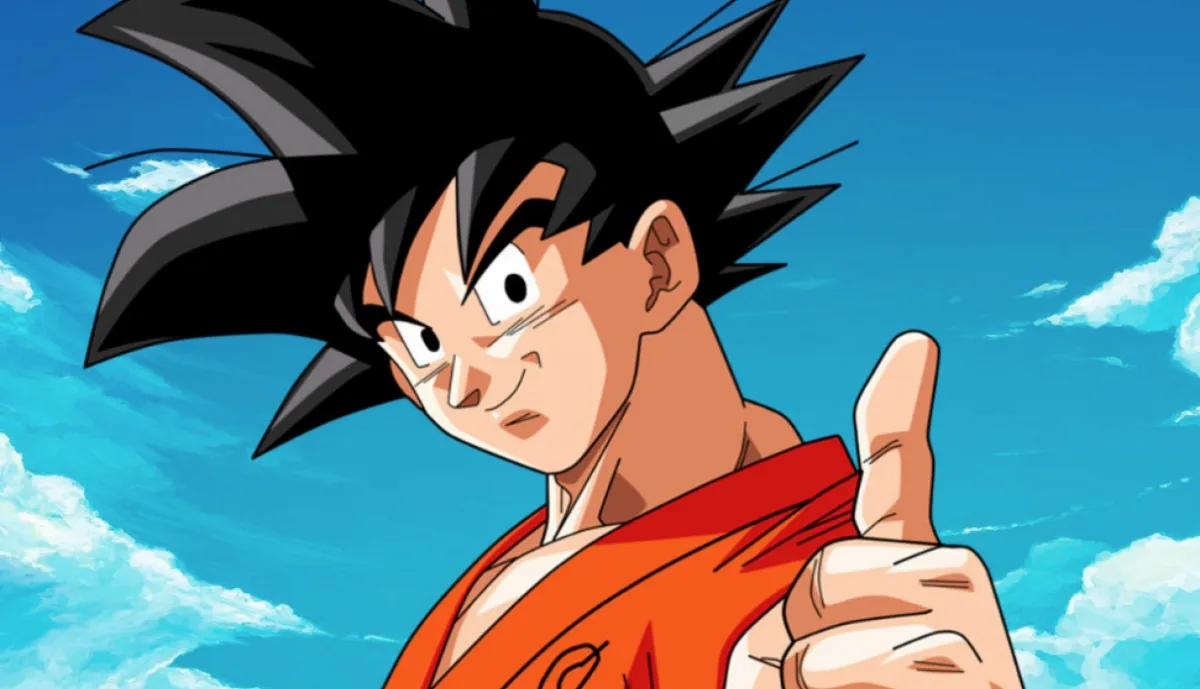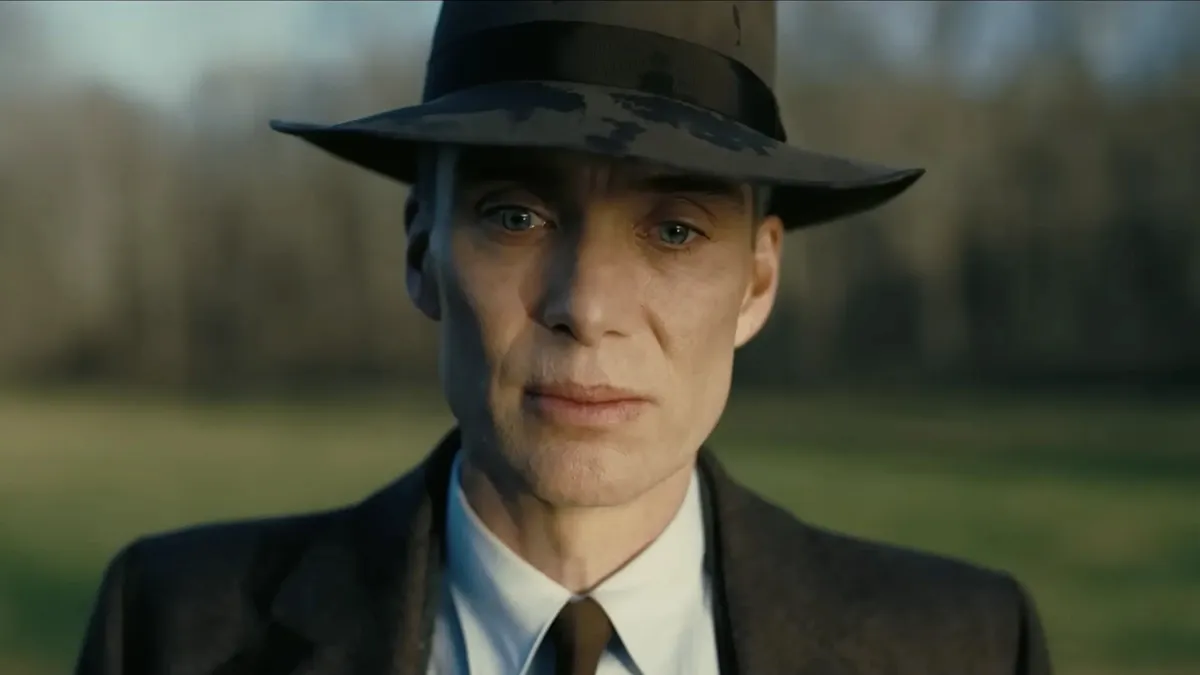During New York Comic Con, I was very lucky to get the chance to speak to some of the cast members of the Dragon Ball Super dub: Sean Schemmel (Goku), Jason Douglas (Beerus), Ian Sinclair (Whis) and Monica Rial (Bulma).
It was a really fun conversation with some of the most talented people in voice acting. One of the interesting aspects of the conversations was discussing how the voice actors who have spent huge amounts of emotional time embodying these characters expressing how they viewed them.
Toxic masculinity seems like it would be synonymous with DBZ, but really when you look at the original manga and the Japanese version you see that in the world of Dragon Ball the macho, hyper-masculine characters get their asses kicked by the sweet, goofy nice guy who fights for the fun of fighting, and the nobility of a good battle.
Basically, there is a lot of difference between the Goku we should have and the Goku we often get, some of that is from fan-response and projection. So I brought this up doing the interview when I asked what are some things that they feel fans misunderstand about their characters and Schemmel gave this really thoughtful response:
“The main thing that people misunderstand and I’ve been struggling with my entire career because when Funimation had taken the translations and written [Goku] more like an altruistic superhero that they thought American audiences would want. I can understand why they would wanna do that. Since Kai we’ve kept it closer to the Japanese and I’ve been struggling really hard to make it just like Akira Toriyama wants, which is on the record as saying: ‘Goku is not a typical altruistic hero, he likes fighting the strangers no matter what and if the Earth gets saved as a result of that, that’s interesting.’ So what I think people don’t understand is that he’s not a proud Saiyan Warrior like Vegeta, he’s beyond that.”
“There’s not this machismo with Goku, there is no ego and no narcissism. And so when I see lines that seem egoic— I had a really hard time with the “I am the hope of the universe” speech, because I was pretty confident it wasn’t accurate in Japanese and it seemed out of character for Goku to be standing above Freeza saying ‘I am the hope! I am so great’ and it was hard for me to sell as an actor. Ironically, fans seem to love it.”
I then brought up how in dubs, there is sometimes a need to Westernize values and cultural ideologies, as well as adding dialogue where there is none, in order to “sell” a moment. Schemmel brought up that in Super where there was an attempt to “macho up” Goku.
“We had a scene recently in Super where Goku has his finger at Goten and they had re-written ‘I’m gonna show this guy whose number one’ and I said uh-uh and checked the script and he’s not saying that, he just has his finger up! Goku does not give a shit and would never tell Goten ‘were gonna show him whose number one’ that is an egoic, narcissistic thing that Goku would never do. Vegeta might—“
Rial: “Vegeta would.”
For Schemmel, if it is powerful in Japan, it can be powerful here, and so he has been fighting throughout his career as Goku to allow the character to be the hero that Akira Toriyama wants him to be and is still doing to this day.
For me, one of the things I’ve always found antithetical to the show was how hyper-masculine the fandom would treat its main protagonist Goku. Despite all the times I myself riff on Goku, one of the things I’ve always loved about the character is how chaotically good he is.
Goku isn’t what you would call an altruistic person, but he doesn’t have malice in his heart, and there’s an innocence to him that I always found endearing. I remember watching the first ending to Super and watching it show Goku grow up from the little kid we see in Dragon Ball to a man with a wife, children, and a grandchild. It made me cry because I watched that adventure come to life.
Ian Sinclair brought up that the most powerful characters in the series aren’t always the bulky brutes. “If you look at how Toriyama made his power scales, smaller is always stronger. Tall skinny guy behind the big scary character … that’s the one who is stronger.”
Which is great for Jason Douglas, who has often been typecast as one type, to be able to play a sophisticated baddie who can be his King Lear. “For me, I’ve often been frustrated in this industry because I feel typecast by the way I physically look. ‘Oh bring Jason in on the big doddering character’, so it’s lovely to play a character who is both powerful and refined. Malice and levity and charm and comedic effect.”
Monica Rial, who plays my favorite character Bulma, also addressed how people really reduce what Bulma’s character has done for the series and how important she. “I built a time machine! […] She’s just a great role model for women and young girls. Here is this woman still in touch with her femininity and sexuality and at the same time she brilliant inventor, she’s a scientist, she’s rich and she’s got all these men afraid of her.”
I asked her if she feels the characters get due appreciation from fans:
“You have two schools of thought,” Rial explains. “You have the people who will write whole dissertations and papers about how Bulma is single-handedly responsible for the show of Dragon Ball and then you have those who are like ‘eh, she’s a girl.’ She is so integral to the plot […] she does it to help her friends and husband be stronger.”
Bulma is the perfect equivalent to balance out Goku and Vegeta. One of the things everyone loved about Super is the domestic drama and how it allows characters like Vegeta to show how much he cares about his family. “Unlike Goku,” Schemmel adds with a laugh.
Ian Sinclair mentioned his own personal theory that Whis is training Vegeta to be a destroyer and that Goku will eventually become a kai, which had my mind racing, but would also be very awesome. That would leave Beerus to become a baddie again, or as Rial put it “[become] the new Piccolo and be the babysitter”, possible a food critic for the New York Times.
It was awesome to get to talk to them, and I felt so attached to Ian when he said: “I get to talk to the superheroes who I watched growing up as a kid,” which is how I felt talking to them, especially Sean Schemmel. It made me feel like Goku was there with me and that is a life goal for sure. Most of all it, reaffirmed why I never really believed that Dragon Ball was “for girls”—it is for everyone, because the universality of it, the characters and the values it talks about are for everyone.
Additionally, this sit-down was a reminder of the behind the scenes work these voice actors have done to bring this characters to life, of being the official English voices of the characters, but also fighting to have their characters be done justice by both them and the writing team.
“It’s been part of me almost half my life,” Schemmel said. “For me, it’s not just some fun thing I like, it’s my life.” For Schemmel, being Goku is like “the most comfortable pair of jeans” that helped be an anchor for him.
Goku is so wonderful and a great hero because of his sweet, dumb goodness and that makes him everyone’s anchor.
(image: Toei Animation)
Want more stories like this? Become a subscriber and support the site!
—The Mary Sue has a strict comment policy that forbids, but is not limited to, personal insults toward anyone, hate speech, and trolling.—</p










Published: Oct 17, 2018 02:54 pm